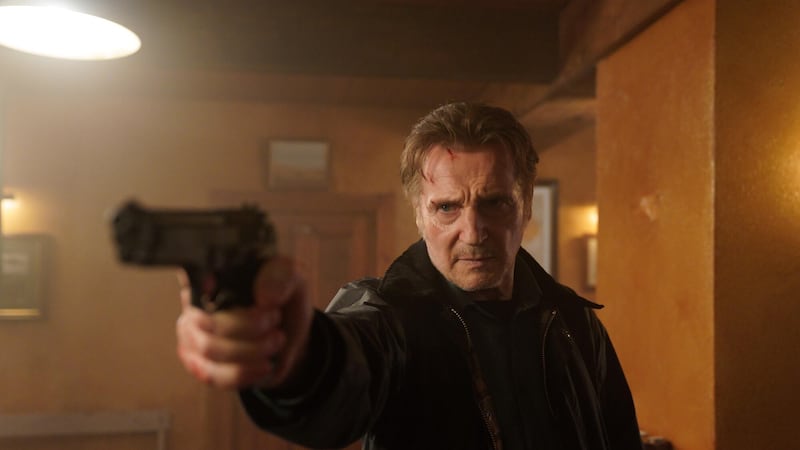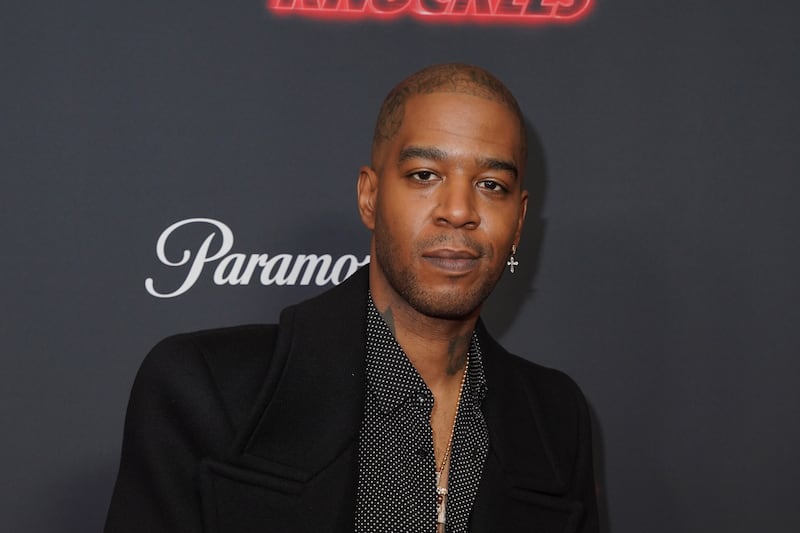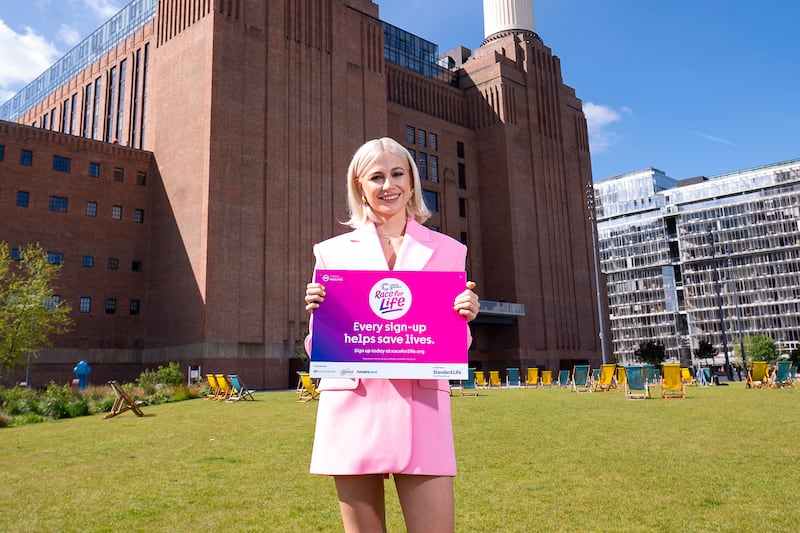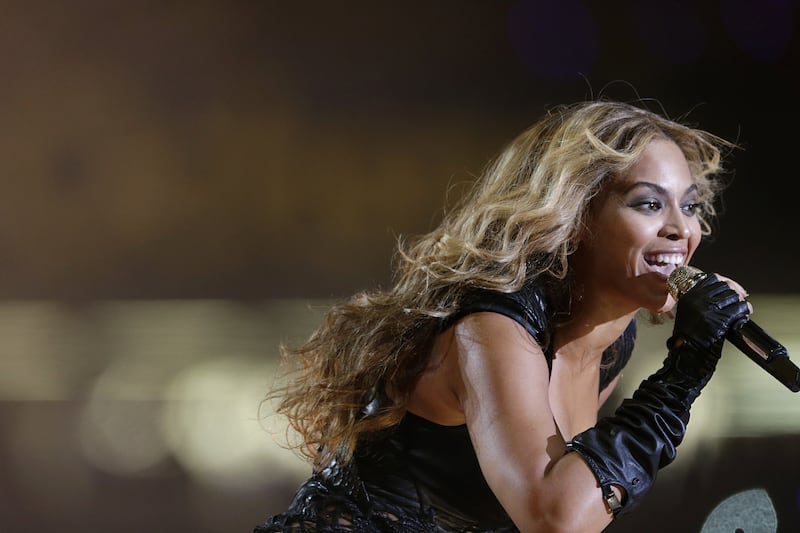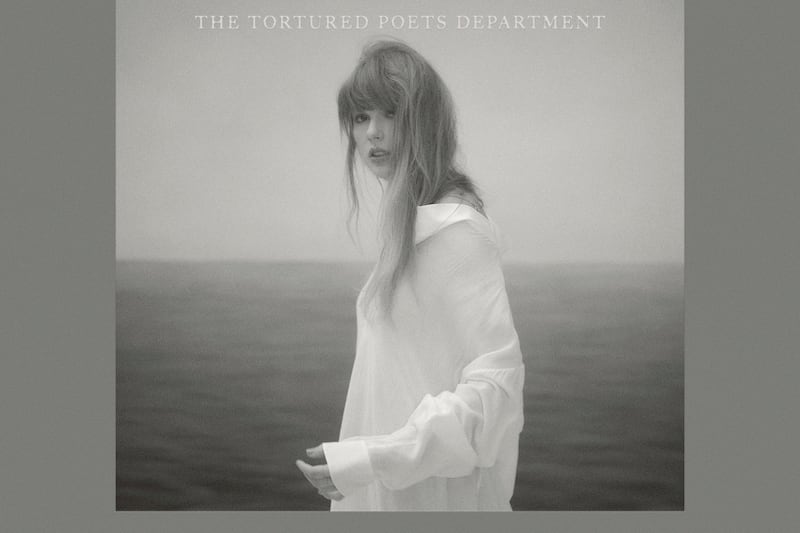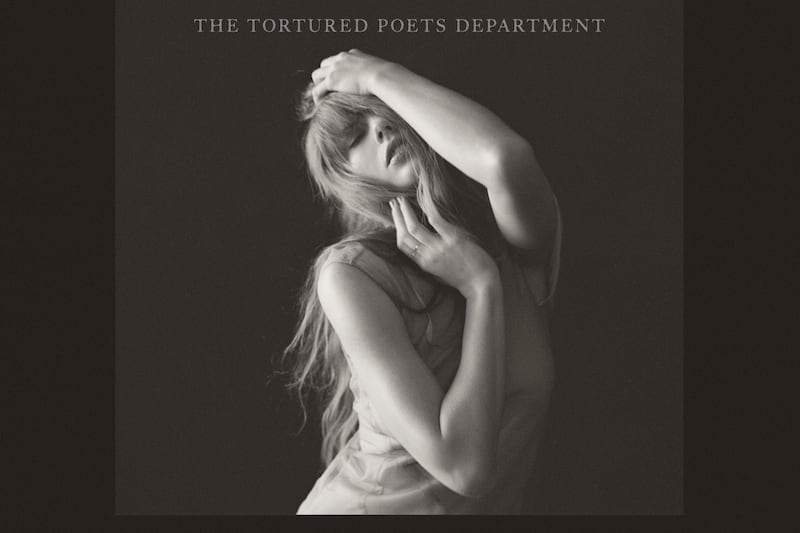Kerry Washington has said the lack of gender balance on film and TV sets has allowed women to be dismissed as “crazy”, “difficult” or “a diva”.
The Scandal actress, who will next be seen starring opposite Reese Witherspoon in an adaptation of Celeste Ng’s novel Little Fires Everywhere, said the Time’s Up movement has developed female creative partnerships that have disproved these notions.
The actress told digital magazine Porter: “That was never our intention. That was always secondary… Our actions had to be working for the protection, the safety, the equity for women in all industries.
The incredible @kerrywashington talks to #PORTER this week about power, protecting women’s voices and her must-watch new TV show with @ReeseW, #LittleFiresEverywhere. Read the full interview and see the shoot, featuring this season’s closet classics 👉 https://t.co/c8Yx14qIPE pic.twitter.com/BHcFW2g7sn
— PORTER magazine (@PORTERmagazine) March 2, 2020
“When we brought all of those amazing activists with us to the Golden Globes, we knew this wasn’t about just us.”
She added: “One thing that a lot of us have talked about is this idea that, because of the imbalance of power and the delineation of who gets to be the protagonist, so often in our careers, there was one woman on a set.
“We were siloed. And so we were told about each other. And the story was often, ‘She’s difficult. She’s needy. She’s crazy. She’s unpredictable. She’s a diva’.
“Now we talk to each other, we work together and we know that not to be true.
“Like even with Little Fires Everywhere, it deals with the nuances of womanhood and motherhood regardless of outward identity.”
The actress, who has also starred in Django Unchained and The Last King Of Scotland, also addressed whether she would ever consider taking lighter roles, saying: “I did one but, even to do a Nora Ephron comedy, because I’m black, it is political and it means something.
“Which is OK with me because I’m happy to be doing that work. I think the interesting thing is that, as a black woman, any time I put myself at the centre of the story, it is a political act – whether I want it to be or not.”


